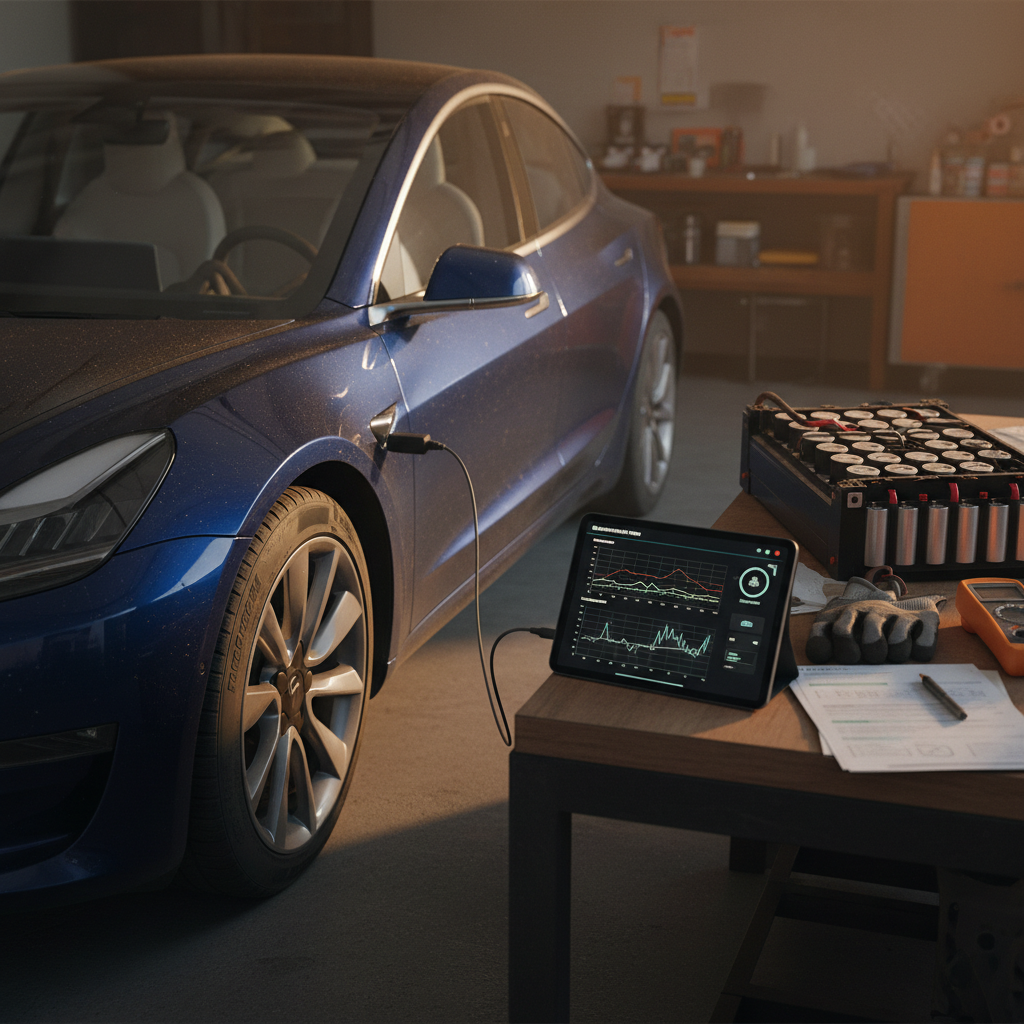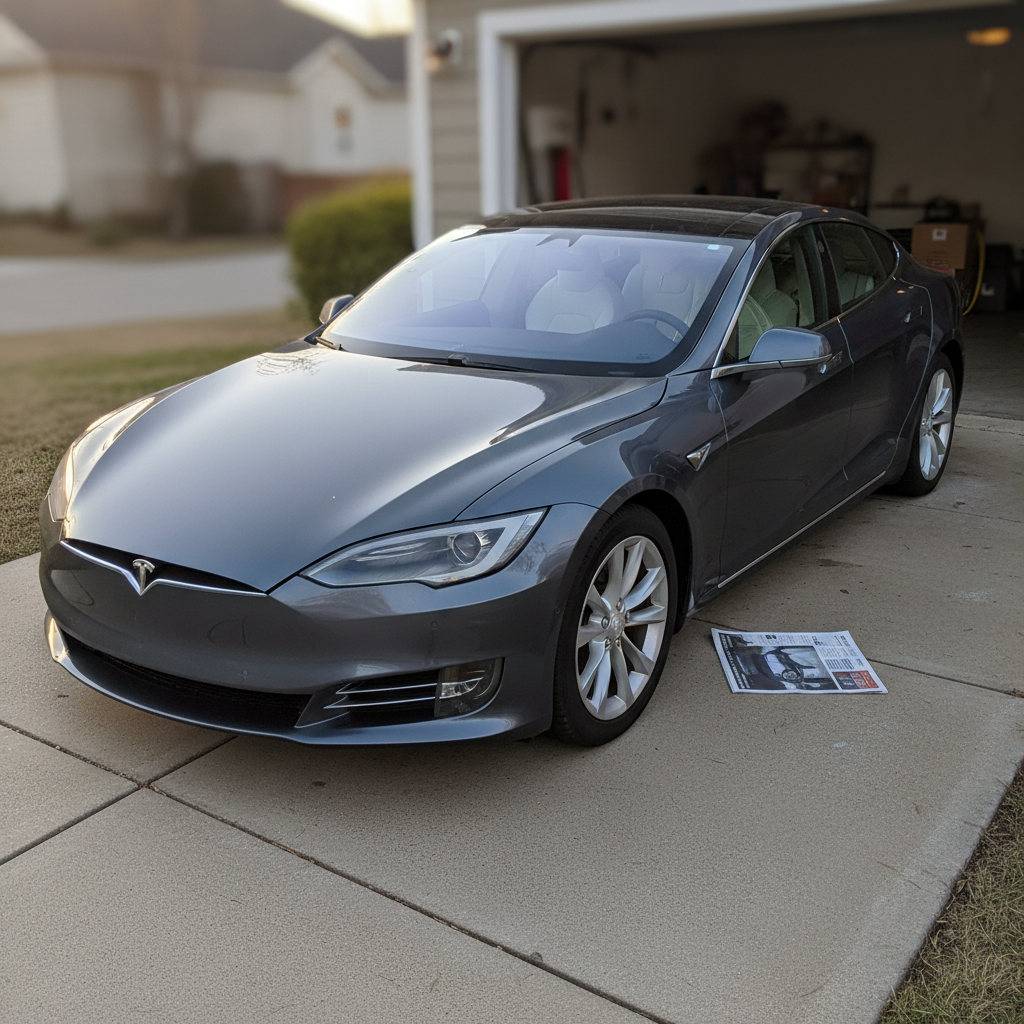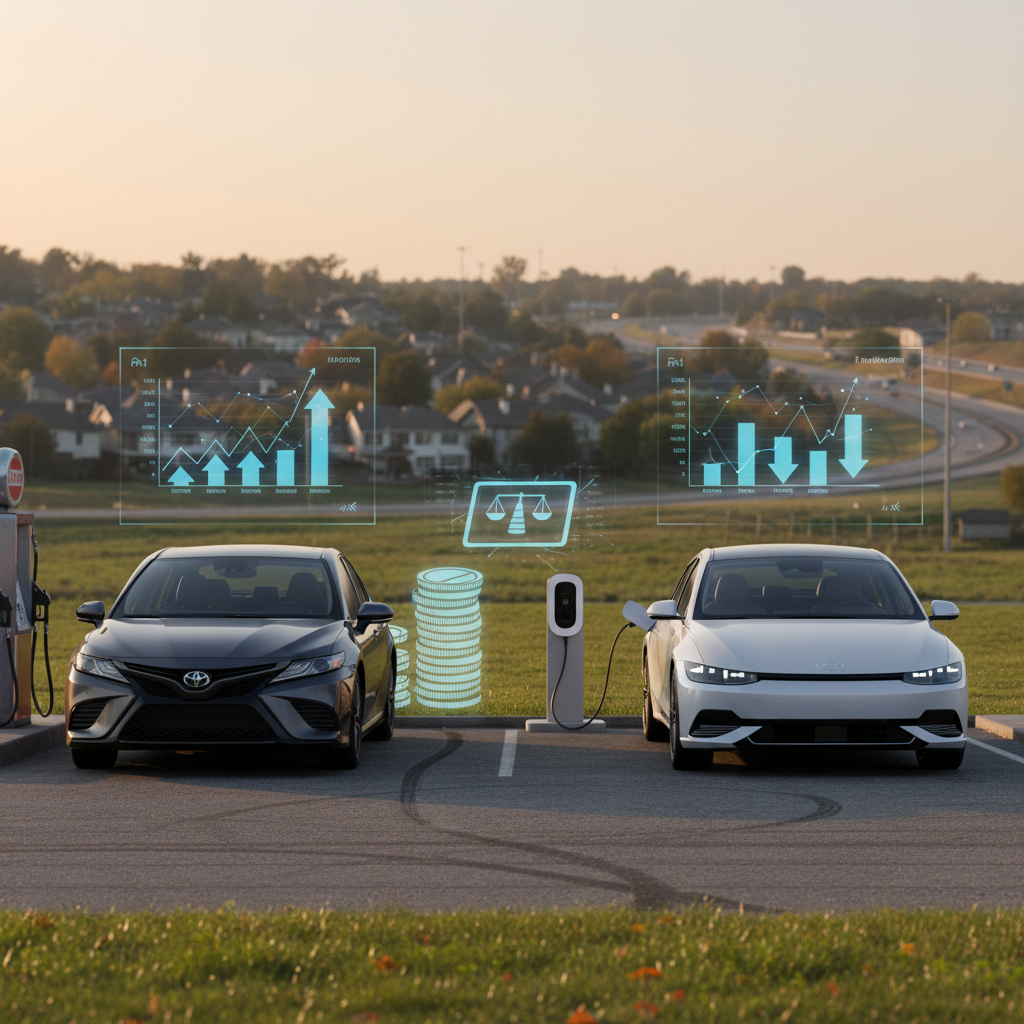You’re looking for the most reliable cheap car you can buy in 2025. That usually means one thing: you want something that starts every morning, doesn’t kill you on repairs, and still fits a tight budget. The good news is there are genuinely solid options. The bad news is that the very cheapest cars can also be the easiest way to burn money if you pick wrong.
What this guide covers

Why “reliable cheap car” is harder than it sounds
Modern cars last longer than ever, but the market has moved away from bare‑bones cheap transportation. Many automakers quietly killed their lowest‑priced models, and the ones that remain often sell above MSRP. Meanwhile, the truly dirt‑cheap stuff on classifieds is frequently there because someone else decided it wasn’t worth fixing.
Why choosing the right cheap car matters
Don’t chase the lowest price
How we chose the most reliable cheap cars
For this guide, “cheap” means roughly under $25,000 new or a used price that’s realistically attainable for budget‑conscious buyers in the U.S. in late 2025. We focused on cars where you’re paying primarily for proven engineering rather than flashy features.
- Long‑term reliability data from sources like Consumer Reports and long‑term ownership studies.
- Low total cost of ownership estimates: depreciation, fuel, insurance, and common repairs.
- Simple, proven powertrains (non‑turbo 4‑cylinders, conventional automatics or well‑sorted CVTs, or mature hybrid systems).
- Good safety scores and basic driver‑assistance features where possible.
- Wide parts availability and strong independent‑mechanic familiarity.
How to use this list
Best new reliable cheap cars in 2025 (under ~$25,000)
If you want something new, with warranty coverage and modern safety tech, these are among the most reliable cheap cars you can buy in 2025. They’re not always the very cheapest MSRP, but they’re standouts when you combine price, reliability, and operating costs.
Top new reliable cheap cars for 2025
Great for first‑time buyers, commuters, and families who want predictability more than pizazz.
Toyota Corolla
Why it’s here: The Corolla is the poster child for reliable cheap cars. The current generation uses a simple 2.0L four‑cylinder and proven automatic, with no turbo to complicate long‑term ownership.
- Starting around the low $20,000s new in 2025.
- Excellent fuel economy and low insurance costs.
- Huge parts availability and mechanic familiarity.
Best for: Drivers who want to buy once and keep the car for 10+ years.
Honda Civic
Why it’s here: Historically one of the safest bets in the compact segment. The latest Civic isn’t the absolute cheapest, but long‑term reliability and resale value help offset the higher sticker.
- Comfortable, refined, and efficient.
- Strong crash‑test scores.
- Holds value extremely well, which reduces total ownership cost.
Best for: Buyers willing to spend a bit more upfront for a nicer daily driver.
Mazda3
Why it’s here: Often overlooked, the Mazda3 combines above‑average reliability with more engaging driving dynamics and an upscale interior.
- Predictable ownership costs and solid reliability record.
- Available as sedan or hatchback.
- Not the absolute cheapest, but usually better equipped.
Best for: Drivers who want “cheap to own” without feeling like they settled.
Other strong new cheap-car options
Slightly less bulletproof, but still compelling for the money.
Hyundai Elantra
Why it’s here: One of the best values on the market, frequently listed among top budget cars thanks to strong safety ratings and a long warranty.
- Attractive pricing and generous features.
- Good fuel economy.
- Warranty may outlast your loan term.
Watch for: Regular fluid changes are critical on Hyundai/Kia drivetrains; skip them and reliability suffers quickly.
Kia K4 (replaces Forte)
Why it’s here: New for 2025 and priced in the low‑to‑mid $20,000s, the K4 offers big‑car tech in a compact package.
- Standard large touchscreen and driver‑assist tech.
- Efficient 2.0L engine for base trims.
- Good value if you want newer tech on a budget.
Watch for: As with the Elantra, prioritize maintenance and avoid high‑mileage fleet cars if possible.
Chevrolet Trax / Buick Envista
Why they’re here: These subcompact crossovers deliver SUV looks, strong feature sets, and surprisingly low 5‑year ownership costs compared with other small SUVs.
- Compact size but good interior space.
- Modern infotainment and safety tech.
- Ownership costs rivalling many compact sedans.
Best for: Drivers who want a cheap, city‑friendly crossover rather than a sedan.
What about the absolute cheapest new cars?
Best used reliable cheap cars for even less
If you’re willing to buy used, your dollar goes much further. A lightly used compact from a high‑reliability brand often costs less than a new bargain‑basement car while giving you more safety features and fewer compromises.
Used reliable cheap cars to target
Approximate sweet‑spot model years and why they’re smart buys today.
| Model | Sweet-spot years* | Why it’s a winner |
|---|---|---|
| Toyota Corolla | 2014–2020 | Simple, durable powertrain, excellent parts support, and strong crash ratings. |
| Honda Civic | 2014–2020 | Efficient, fun to drive, and holds value, great if you plan to resell later. |
| Mazda3 | 2014–2019 | Better driving feel than most rivals, with strong reliability when maintained. |
| Toyota Prius | 2012–2017 | Hybrid system has proven extremely durable; outstanding fuel savings for high‑mileage drivers. |
| Toyota Camry | 2012–2018 | Mid‑size comfort with compact‑car running costs; great for families or frequent highway use. |
| Honda Fit | 2012–2019 | Tiny footprint, huge interior, and classic Honda reliability, ideal city or student car. |
Prices vary by mileage, condition, and region, but these nameplates consistently deliver low‑drama ownership.
Be wary of ultra‑high mileage or salvage titles
“On a tight budget, the boring, well‑maintained compact from a reliable brand will almost always beat the ‘deal’ with a complicated turbo engine and a spotty history.”
Cheap cars to approach with caution
Not every cheap car is a bad car. But patterns show that some categories pose more risk when you’re trying to keep long‑term costs low.
- High‑mileage turbocharged engines with spotty service records (oil neglect is often fatal).
- First‑generation dual‑clutch or unusually complex automatic transmissions.
- Older European luxury sedans or SUVs that have fallen into “cheap” territory but still carry premium‑car repair bills.
- Large, older diesel SUVs and MPVs, which tend to have more expensive fuel‑system and emissions‑equipment failures.
Red flags on a “too good to be true” cheap car
Costs that matter more than the sticker price
A car that’s $1,500 cheaper to buy can easily cost $3,000 more to own over five years once you factor in fuel, insurance, and repairs. The most reliable cheap cars are the ones that keep all of these under control.
1. Depreciation
Depreciation is the single biggest cost for most owners. Reliable compacts like the Corolla and Civic hold value well, which helps you later when you sell or trade in, even if they cost a bit more upfront.
2. Fuel, insurance & repairs
Efficient engines, low accident rates, and inexpensive parts all matter. Compact sedans and hatchbacks generally win here, while older luxury vehicles and large SUVs can quietly drain your budget.
How costs stack up on a cheap car
Checklist: How to shop for a cheap, reliable car
Whether you’re hunting on Facebook Marketplace or walking a dealer lot, use this checklist to separate genuinely reliable cheap cars from future headaches.
7 steps before you buy a budget car
1. Start with the right models
Focus first on nameplates with strong reliability records: Corolla, Civic, Mazda3, Prius, Camry, and similar. This alone dramatically improves your odds.
2. Set a total budget, not just a price
Include taxes, registration, insurance, and a first‑year repair/maintenance reserve. If you’re financing, look at the total paid over the life of the loan, not just the monthly payment.
3. Check service history
Ask for records. Regular oil changes, transmission service, and timely repairs are worth paying extra for. A slightly more expensive, well‑maintained car is almost always the better deal.
4. Get a pre‑purchase inspection
Have an independent mechanic inspect the car before you commit, especially with older or high‑mileage vehicles. They’ll spot looming issues that test drives hide.
5. Pull a vehicle history report
Use the VIN to check for past accidents, flood damage, odometer rollbacks, or branding like salvage/rebuilt. Walk away from anything that doesn’t pass the smell test.
6. Test drive with intent
Listen for noises, check for transmission shudder, verify all electronics work, and test the brakes on a safe, firm stop. Budget cars don’t get a pass on basics.
7. Plan your first 12 months of maintenance
Assume you’ll immediately need an oil change, filters, and possibly tires or brakes. Budgeting for that from day one prevents surprises.
How Recharged can help
Where EVs fit into the “reliable cheap car” picture
Upfront, many EVs are still more expensive than basic gas compacts. But on the used market, older EVs can be surprisingly cheap precisely because buyers worry about battery degradation. If you understand that risk, and can verify battery health, an EV can be one of the most reliable “cheap cars” you can own.
Cheap EV vs cheap gas car: tradeoffs
Why a used EV may or may not beat a cheap ICE car for you.
Pros of a cheap used EV
- No oil changes, timing belts, or exhaust systems to fail.
- Fewer moving parts, which often means fewer random breakdowns.
- Electricity is often cheaper per mile than gasoline.
- Great for short‑range commuting, students, and households with a backup vehicle.
Cons vs a cheap gas compact
- Battery health is critical; a tired pack can erase any savings.
- Public charging access still varies widely by region.
- Some early EVs have limited range by modern standards.
- Out‑of‑warranty repairs on rare models can be expensive.
De‑risking a cheap EV purchase
FAQ: Most reliable cheap cars
Frequently asked questions about reliable cheap cars
Bottom line: Spend once, cry once
The most reliable cheap cars in 2025 aren’t the ones with the absolute lowest stickers. They’re the cars that quietly rack up miles without drama: compact Toyotas, Hondas, Mazdas, and, for the right driver, some carefully chosen used EVs.
If you start with the right models, vet each car’s history, and budget for ownership, not just purchase price, you can get a genuinely dependable car without wrecking your finances. And if you’re EV‑curious, platforms like Recharged help you de‑risk the battery side of the equation with transparent health data and expert guidance, so your “cheap car” doesn’t turn into an expensive lesson.



